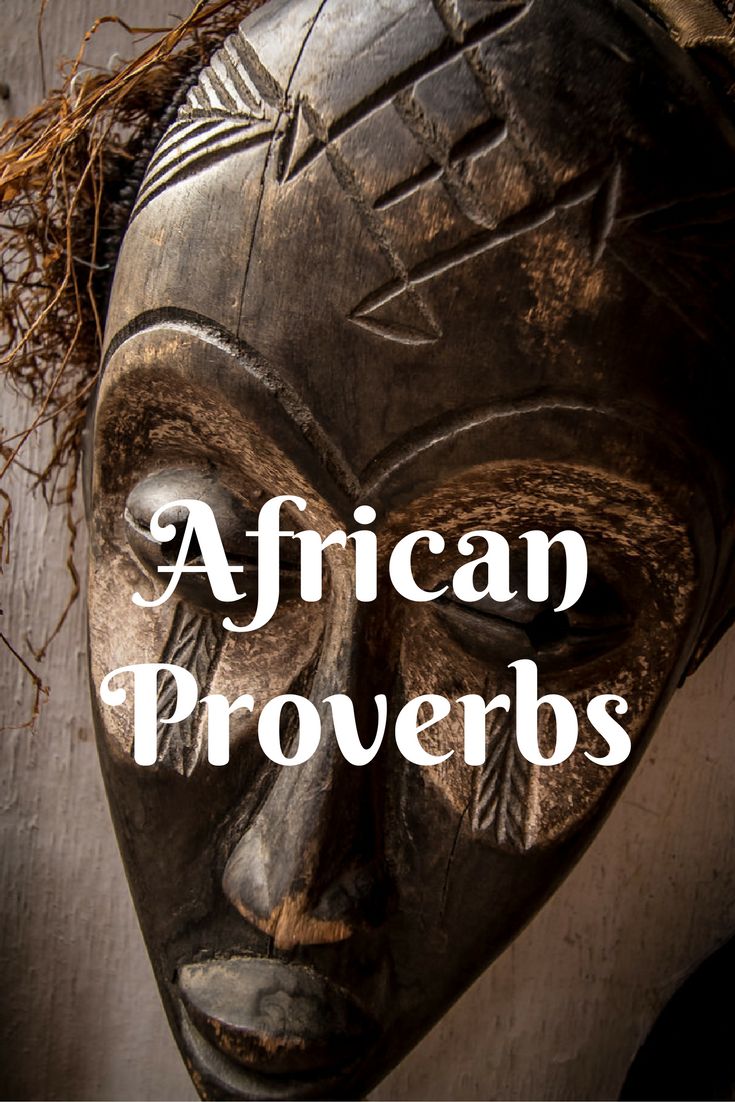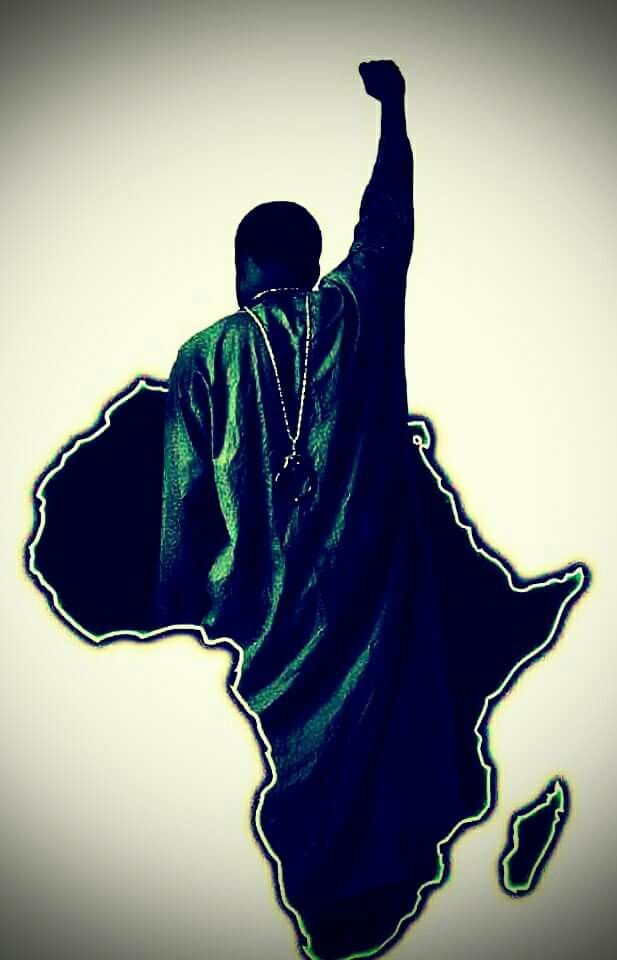The Role of Proverbs in Shaping African Morality and Mindsets

Proverbs are far more than clever sayings in African cultures; they are living vessels of collective wisdom, moral instruction, and cultural identity. These brief yet powerful expressions carry the lessons of ancestors, passed down through countless generations.
They do not simply decorate speech; they are tools that shape thinking, mold behavior, and transmit essential values from one era to another. Even in the modern age, where technology influences communication, African proverbs remain relevant because they adapt effortlessly to new contexts while preserving their traditional depth. Across villages, urban centers, and online spaces, they continue to serve as guides in an ever-changing world.
Proverbs as Moral Compass and Cultural Anchors
In African societies, proverbs function as ethical compasses and powerful educational tools. According to the Stanford Encyclopedia of Philosophy, African moral thought heavily depends on sayings that emphasize communal responsibility, interdependence, and the moral duty to care for one another.
The Akan proverb “Life is mutual aid” (Obra ye nnoboa) and the saying “A human being needs help” (onipa hia moa) emphasize that life is sustained by cooperation rather than individualism. Such proverbs clearly communicate that the well-being of one person is tied to the well-being of the entire community.
The origin of African proverbs lies in oral traditions. They have been carefully preserved through storytelling, family discussions, community meetings, and cultural ceremonies. As explained by the International Journal of Research, proverbs simplify complex moral lessons into memorable phrases. This makes them accessible to people of all ages, enabling wisdom to flow easily across generations. Their poetic nature ensures that the lessons they carry are not easily forgotten.
Consider the Akan saying, “The right arm washes the left arm, and the left arm washes the right arm.” It highlights the principle that mutual support ensures both survival and progress. Likewise, the expression “Man is not a palm-tree that he should be complete” warns against pride and self-reliance by reminding communities that no individual is self-sufficient. These sayings show how proverbs combine metaphor with moral guidance, offering wisdom that is both practical and profound.
In Nigeria, Yoruba communities often use proverbs like “We do not deceive ourselves and get away with it” to reinforce honesty, accountability, and moral integrity. The roles of proverbs in Nigerian culture extend beyond moral teaching—they also strengthen cultural pride by linking present-day behavior to ancestral expectations. Each ethnic group has its own repertoire of proverbs that reflect its history, values, and worldview.
Beyond teaching, proverbs play a critical role in social correction and conflict resolution. Elders skillfully employ sayings like “A soft word turns away wrath” or “The axe forgets, but the tree remembers” to encourage peace and reflection during disputes. According to African Literature Hub, such proverbs deliver moral truths without direct confrontation, allowing individuals to correct themselves without feeling shamed.
.jpeg)
Image credit: Nkenna
How Proverbs Shape African Mindsets Across Time
Throughout African history, proverbs have shaped mindsets by embedding values of patience, resilience, and responsibility. The proverb “Wisdom is like a baobab tree; no one individual can embrace it” portrays wisdom as a communal treasure, reminding people that no one person holds all answers. Afriklens explains that such sayings not only preserve collective memory but also encourage humility and openness to new learning.
In Ghana, the symbolism of Sankofa, represented by a bird looking backward while moving forward, teaches that progress is impossible without understanding the past. This moral philosophy urges communities to retrieve lost knowledge and use it to build a stronger future.
The Ewe proverb “Knowledge is like the Baobab Tree and no one can wrap hands fully around it” expresses the idea that human understanding is always incomplete and requires collaboration. Documented in Ewe cultural studies, this principle encourages humility and lifelong learning, values that are crucial in both traditional and modern societies.
Culture
Read Between the Lines of African Society
Your Gateway to Africa's Untold Cultural Narratives.
Similarly, sayings like “If you want to go far, go together” continue to remind communities that collective effort yields greater results than individual pursuits. This truth remains universal, as demonstrated in the compilation of African proverbs, where such sayings resonate even in global contexts.
The Yoruba meta proverb “Proverbs are the horses of speech”, highlighted on Wikipedia, demonstrates the importance of proverbs in giving weight and elegance to communication. They serve as cultural shorthand for complex ideas, showing how speech can be both powerful and intelligent.
African proverbs are moral anchors handed down from elders to the next generation; they provide communities with shared identity and values, and they teach responsibility, patience, and respect through vivid metaphor. These lessons endure because they adapt to new realities while holding onto their original essence.
Modern psychology now draws on African proverbs for wellness and education. Ghanaian programs use sayings like “As you sweep your compound, you sweep yourself” to teach gratitude and reciprocity, linking well-being to acts of service. This approach, discussed by Psyche Ideas, shows how ancient wisdom still guides modern mental health practices.
The Yoruba philosophy of Omoluwabi, centered on cultivating good character, is taught through proverbs about honesty, humility, and service. These values shape moral behavior and encourage ethical living in both personal and public life.
African proverbs also provide practical guidance. Sayings like “A stitch in time saves nine” stress the importance of taking timely action to prevent greater problems. “He who throws a stone in the market will hit his relative,” warns against careless decisions that may harm loved ones. “It takes a village to raise a child” affirms that upbringing is a collective responsibility, a principle well explained by Rex Clarke Adventures.

Image source: Pinterest
Even in today’s fast-paced world, elders continue to use proverbs during mediations, public gatherings, and storytelling sessions because they express wisdom in ways that are firm yet respectful. Their cultural authority makes them powerful tools for resolving conflicts and maintaining social harmony.
African proverbs have also adapted to technology. They are widely shared on social media, quoted in leadership speeches, and incorporated into modern education. Young Africans remix these sayings into digital forms, memes, and motivational posts, proving that this heritage is not fading but evolving.
In conclusion;
African proverbs are not mere sayings, they are life-guides. They shape moral landscapes, preserve cultural identity, and nurture mindsets grounded in wisdom, patience, and unity. They remind us that our actions are interconnected, our growth is collective, and our character defines our legacy.
In a rapidly globalizing world where traditional values risk being overshadowed, African proverbs stand as enduring lights of clarity. They are the voices of ancestors, guiding each generation with messages of respect, resilience, and community strength.
Recommended Articles
There are no posts under this category.You may also like...
Super Eagles Fury! Coach Eric Chelle Slammed Over Shocking $130K Salary Demand!
)
Super Eagles head coach Eric Chelle's demands for a $130,000 monthly salary and extensive benefits have ignited a major ...
Premier League Immortal! James Milner Shatters Appearance Record, Klopp Hails Legend!

Football icon James Milner has surpassed Gareth Barry's Premier League appearance record, making his 654th outing at age...
Starfleet Shockwave: Fans Missed Key Detail in 'Deep Space Nine' Icon's 'Starfleet Academy' Return!

Starfleet Academy's latest episode features the long-awaited return of Jake Sisko, honoring his legendary father, Captai...
Rhaenyra's Destiny: 'House of the Dragon' Hints at Shocking Game of Thrones Finale Twist!

The 'House of the Dragon' Season 3 teaser hints at a dark path for Rhaenyra, suggesting she may descend into madness. He...
Amidah Lateef Unveils Shocking Truth About Nigerian University Hostel Crisis!

Many university students are forced to live off-campus due to limited hostel spaces, facing daily commutes, financial bu...
African Development Soars: Eswatini Hails Ethiopia's Ambitious Mega Projects

The Kingdom of Eswatini has lauded Ethiopia's significant strides in large-scale development projects, particularly high...
West African Tensions Mount: Ghana Drags Togo to Arbitration Over Maritime Borders

Ghana has initiated international arbitration under UNCLOS to settle its long-standing maritime boundary dispute with To...
Indian AI Arena Ignites: Sarvam Unleashes Indus AI Chat App in Fierce Market Battle

Sarvam, an Indian AI startup, has launched its Indus chat app, powered by its 105-billion-parameter large language model...
